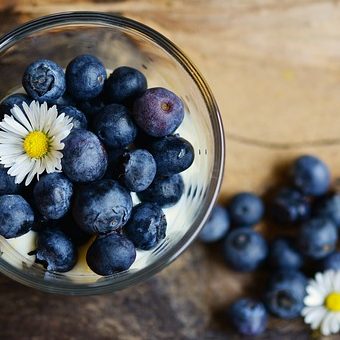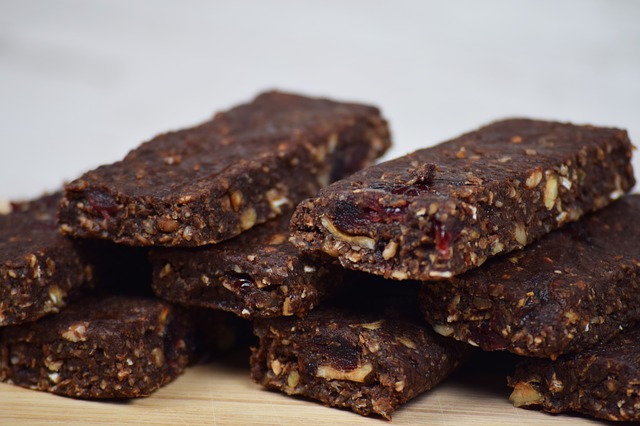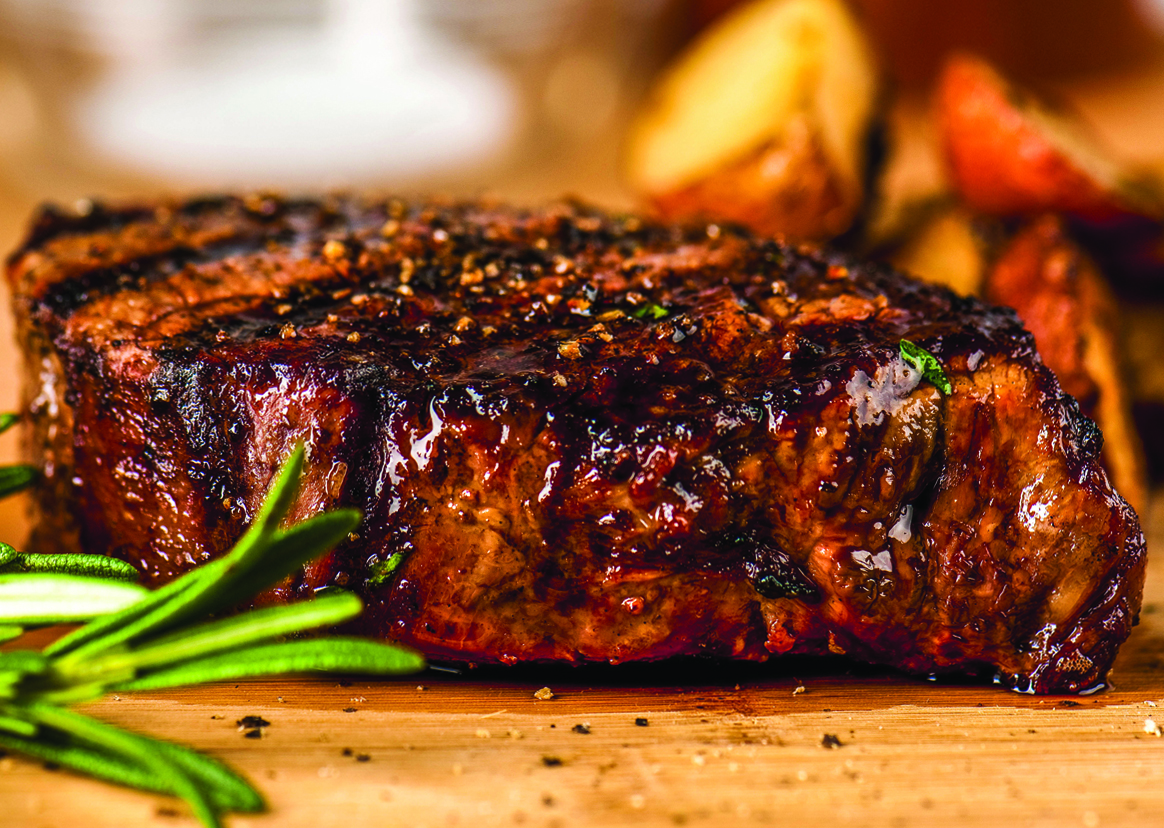Weight-loss initiatives and dieting often go hand-in-hand, but healthy diets can do more than help women shed pounds. Heart disease is the primary killer of females, but embracing heart-healthy diets can help women reduce their risk of develop cardiovascular disease. The American Heart Association reports that heart disease causes one in three female deaths each year in the United States. The AHA also notes that 90 percent of women have one or more risk factors for developing heart disease. Heart valve problems, congestive heart failure, abnormal rhythm of the heart, and plaque buildup in the walls of the arteries can contribute to heart disease.
Fortunately, healthy choices, including the right diet, can help reduce women’s risk for heart disease risk. Here are a few easy ways to modify eating habits to be more heart-healthy.
• Avoid consuming too many calories. The Mayo Clinic says to control portion sizes so that you are not overloading on extra calories. Eat larger portions of nutrient-rich foods and go sparingly on high-calorie, high-sodium and/or refined foods. Being overweight can contribute to heart problems.
• Increase produce consumption. A variety of low-calorie fruits and vegetables can provide ample nutrition and plenty of healthy antioxidants. Choose a variety of fruits and vegetables so that you get as many vitamins and minerals as possible. Make fruits and vegetables your largest portions when eating.
• Reduce sodium intake. Harvard Health points out that too much sodium consumption can increase blood pressure and cause the body to hold onto fluid. Hypertension is a major risk factor for heart attack, stroke and other cardiovascular problems.

• Add more whole grains to your diet. Dietary fiber from whole grains may improve blood cholesterol levels, thereby lowering your risk for heart disease. Dietary fiber also can lower risk of stroke, obesity, and type 2 diabetes.
• Choose healthy fats. Studies have shown that omega-3 fatty acids found in salmon, olive oil and flax seed reduce a person’s risk of developing arrhythmia and atherosclerosis. The American Heart Association recommends eating fatty fish at least twice a week as a way to boost omega-3 fatty acid levels.
• Load up on berries. When choosing fruits, go heavy on berries. Health magazine reports that according to a 2013 study by the Harvard School of Public Health in the United States and the University of East Anglia, United Kingdom, women between the ages of 25 and 42 who ate more than three servings of blueberries and strawberries a week had a 32 percent lower risk of heart attack compared with those who ate less. The authors of the study attributed the benefit to compounds known as anthocyanins and flavonoids,which are antioxidants, that may decrease blood pressure and dilate blood vessels.
• Indulge in smart ways. When eating sweets, choose dark chocolate. Dark chocolate contains flavonoids called polyphenols, which may help lower blood pressure and reduce clotting and inflammation. Select varieties that contain at least 60 to 70  percent cocoa.
percent cocoa.
In addition to a cardiac-friendly diet, women concerned about heart health should aim for at least 150 minutes of moderate physical activity each week. Also, pay attention to food labels to make smarter choices.










